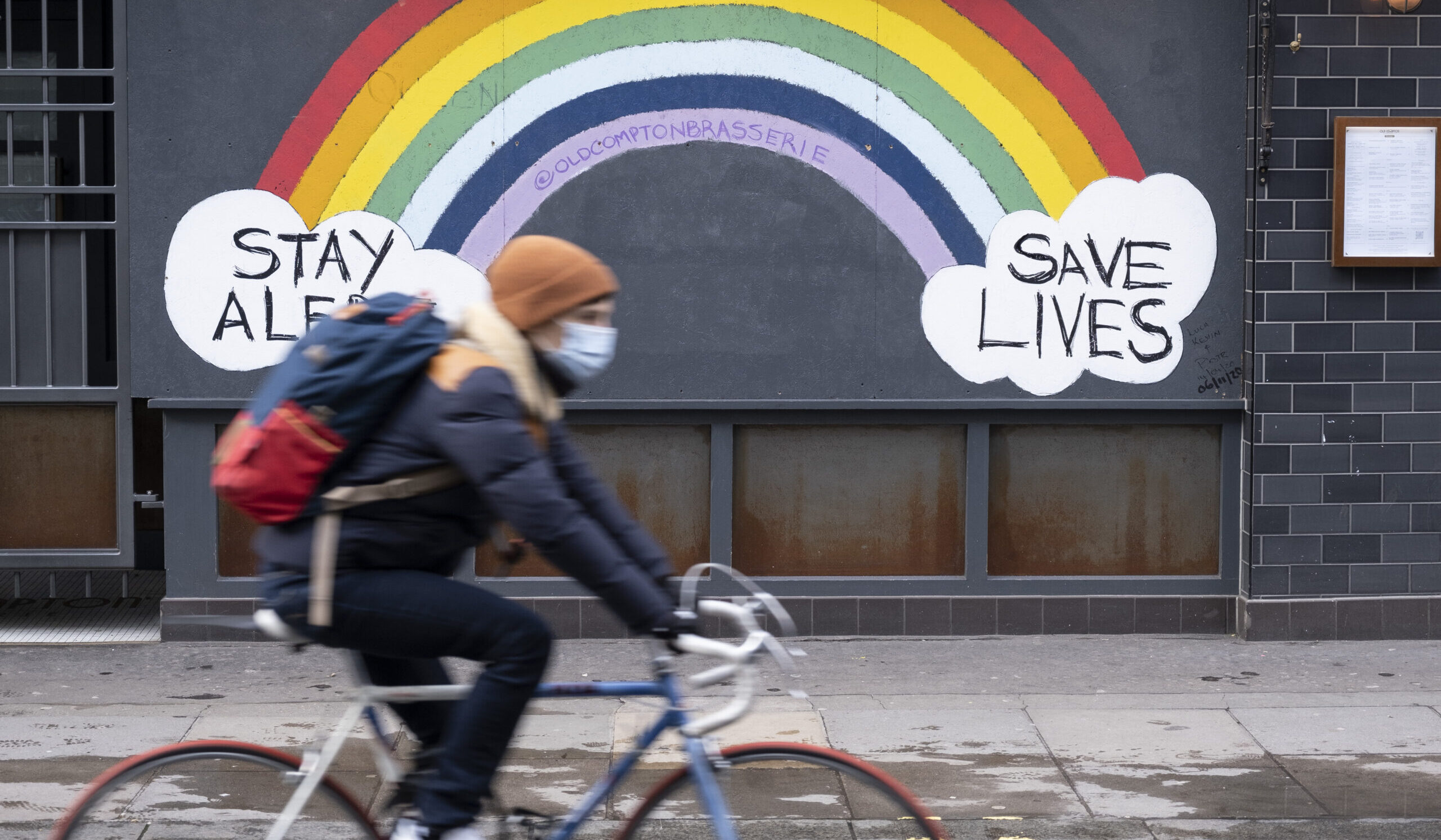In a key section of Rishi Sunak’s evidence to the Covid inquiry yesterday, the Prime Minister explained that studies based on quality-adjusted life years, or QALYs, found that the first Covid lockdown generated costs that were greater than the likely benefit. It was a striking admission, perhaps the first time that a senior member of the Government has admitted that lockdowns may have been the wrong policy choice.
A disconcerted Hugo Keith KC responded by saying, “I don’t want to get into quality life assurance models [sic].” With that dismissive reference, Keith revealed his lack of familiarity with the most basic approach to health policy analysis. So what are QALYs, and how are they relevant to lockdowns?
QALYs are a standard tool for evaluating the benefits of a health intervention in terms of a single measure that takes account of additional years of life, as well as the level of health experienced during those years. The UK’s National Institute for Health and Care Excellence (NICE) has long used QALYs to evaluate the benefit of treatments relative to their costs. The standard NICE cost-effectiveness threshold is that a treatment likely to increase life expectancy for a patient by the equivalent of a year in full health is worthwhile if it costs no more than about £30,000. When it comes to lockdowns, researchers similarly try to compare the costs incurred by restrictions with the additional number of healthy years of life expectancy which the lockdown may have enabled.
The QALY approach is not without critics and alternatives include wellbeing-adjusted life years (WELLBYs) and the valuation of a statistical life (VSL). The latter typically leads to higher estimates of the value of lives than QALYs. Yet the general principle that a health intervention cannot always be justified, even if it extends some lives, is not controversial. Put simply, trade-offs are important: if lockdowns prevent some deaths from Covid but also cause costs to other people, potentially including deaths due to higher poverty or isolation, we need tools to work out where the appropriate balance lies.
A number of peer-reviewed studies have now conducted cost-benefit analyses of lockdowns using one or other of these approaches, focusing on the global situation as well as on the experience of particular countries such as Australia, Canada and the UK. Whichever life valuation method is used, all these studies find not only that the costs of lockdowns exceeded the benefits, but that they did so by a very large margin.
One reason for these results is that the costs of lockdowns (separate from the costs of Covid itself) have been enormous. The economic costs to business and public finances are well known and huge. But we also need to take into account lower wellbeing from missed education, increased poverty, and widespread loneliness.
An even bigger issue is that lockdowns were simply not very effective in reducing mortality. Some studies find lockdowns had no significant impact at all in reducing deaths associated with the pandemic. However, we can’t rule out that lockdowns had some marginal impact on Covid deaths, at least in the short run. A recent meta-analysis looking at all relevant studies of the impact of lockdowns on mortality concluded that, on average, lockdowns reduced deaths associated with Covid in the immediate term by about 3.2%.
Whether there was any effect on longer-term Covid mortality is more questionable. Even more importantly, there is now good evidence that lockdowns did not reduce overall excess mortality (i.e. deaths from all causes) and if anything may have increased it. In other words, deaths caused by lockdowns due to isolation, poverty or delayed healthcare probably exceeded the number of Covid deaths averted.
In that context, the precise value placed on deaths averted — whether using QALYs or any other method — becomes irrelevant as the ratio of costs to benefit from lockdowns approaches infinity.
Not without reason, Professor Doug Allen of Simon Fraser University in Canada concluded his cost-benefit study by saying that lockdowns “will go down as one of the greatest peacetime failures in modern history”.











Join the discussion
Join like minded readers that support our journalism by becoming a paid subscriber
To join the discussion in the comments, become a paid subscriber.
Join like minded readers that support our journalism, read unlimited articles and enjoy other subscriber-only benefits.
Subscribe